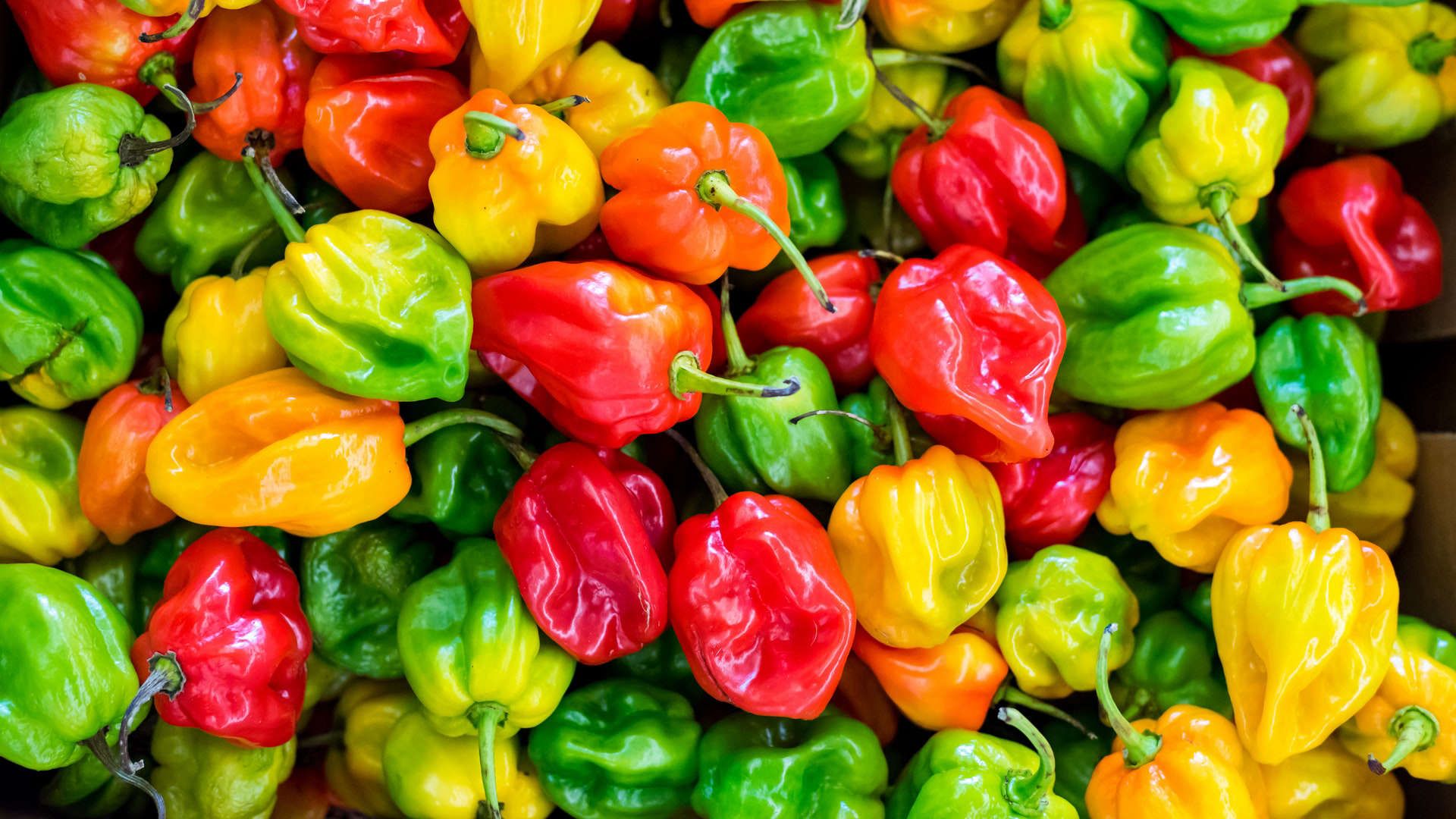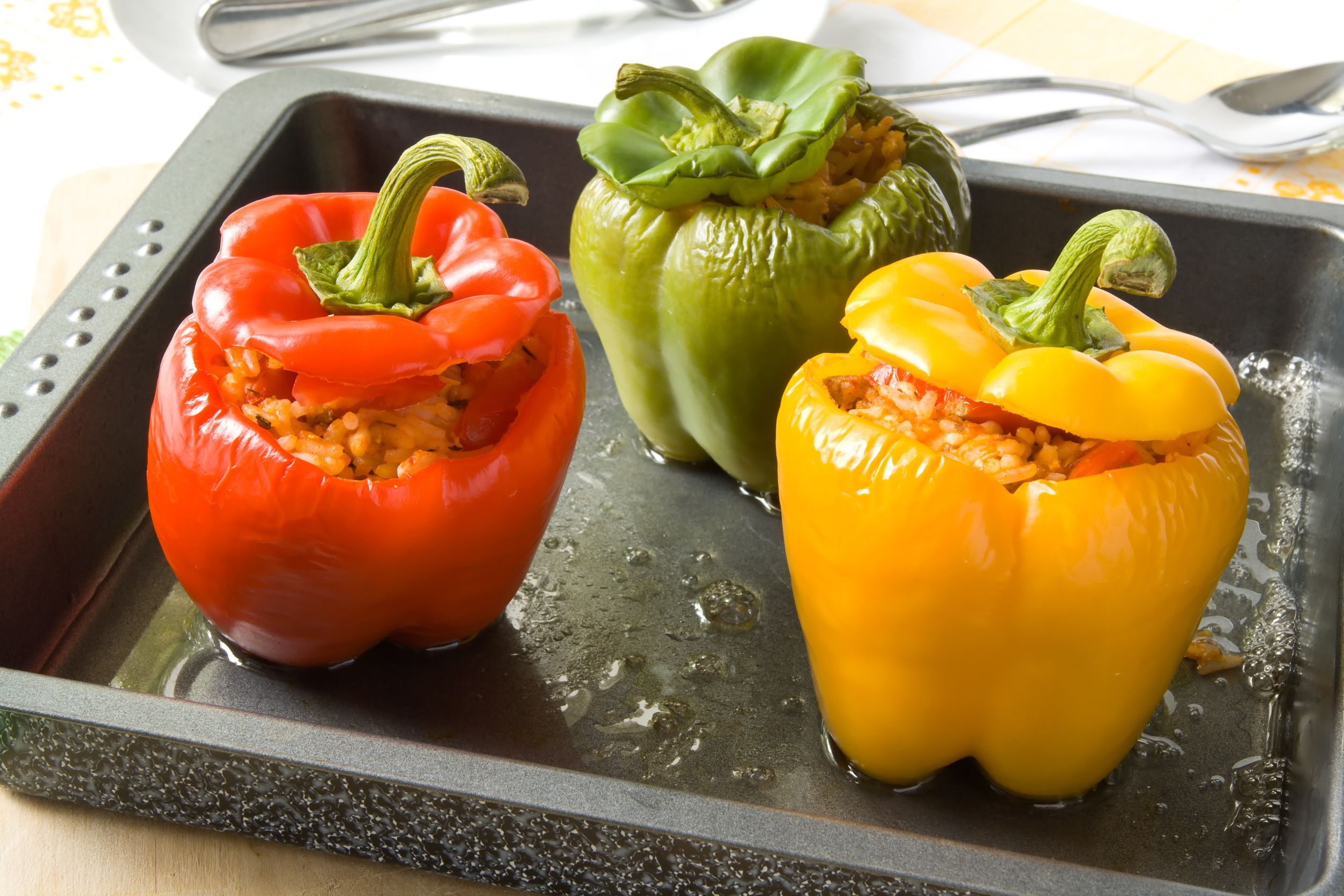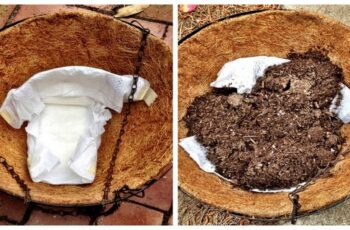Ad Blocker Detected
Our website is made possible by displaying online advertisements to our visitors. Please consider supporting us by disabling your ad blocker.
• Always choose high–quality pepper seeds and plants.
• Never plant seedlings in cool and moist soil. Peppers like the heat.
• Fertilize with compost tea or fish emulsion for robust plants.
• Use a drip irrigation system for a regular supply of water.
• Pinch off some of the early flowers.
• Pinch off all suckers.
• Weed around pepper plants regularly.
• For larger fruit, spray the plants with a mixture of one tablespoon of Epsom salts in one gallon of water once when the plants bloom and once every ten days after.
• To keep new seedlings warm, place a cage around them and wrap plastic around the cage. This creates a mini greenhouse.
Health Benefits Of Bell Peppers

Although we often think of peppers as vegetables, they are actually a fruit. The nutritional value of peppers depends on which color you choose. A red bell pepper, for example, contains over eight times the amount of vitamin A than a green bell pepper. All bell peppers contain a large number of antioxidants. One pepper contains twice the daily recommended amount of vitamin C and plenty of vitamin B6.
Other vitamins and nutrients in bell peppers include
- Vitamin B1
- Vitamin B2
- Vitamin B3
- Vitamin E
- Vitamin K
- Manganese
- Magnesium
- Phosphorus
- Potassium
- Molybdenum
Fiber Carotenoids:
Red bell peppers get their beautiful hue from a special antioxidant known as lycopene. This carotenoid helps fight free radicals from toxins. Research has shown that lycopene can help prevent certain types of cancer including prostate, lung, and stomach. Carotenoids found in yellow and orange peppers help protect against cardiovascular disease.
Facts:
A 2008 study found that steaming bell peppers improved their “bile acid binding capacity.” This results in fewer recirculated bile acids, better use of cholesterol, and lower absorption of fat which reduces the risk of heart disease.
Peppers are a great source of potassium:
All bell peppers are a great source of potassium. Potassium is an essential balancing mineral that helps regulate blood pressure and muscle function. Bell peppers also contain fiber which helps regulate cholesterol and aids in digestion as well as folate which is essential for red blood cell functioning.
Bell Pepper Recipes

Bell peppers are great on their own for a nutritious snack but also go well in many delicious dishes. Here are three easy ways to benefit from the goodness of homegrown bell pepper stuffed Bison Peppers If you are looking for a healthy meal for guests, this one is it. It tastes as good as it looks and is loaded with nutrition and health–promoting ingredients.

